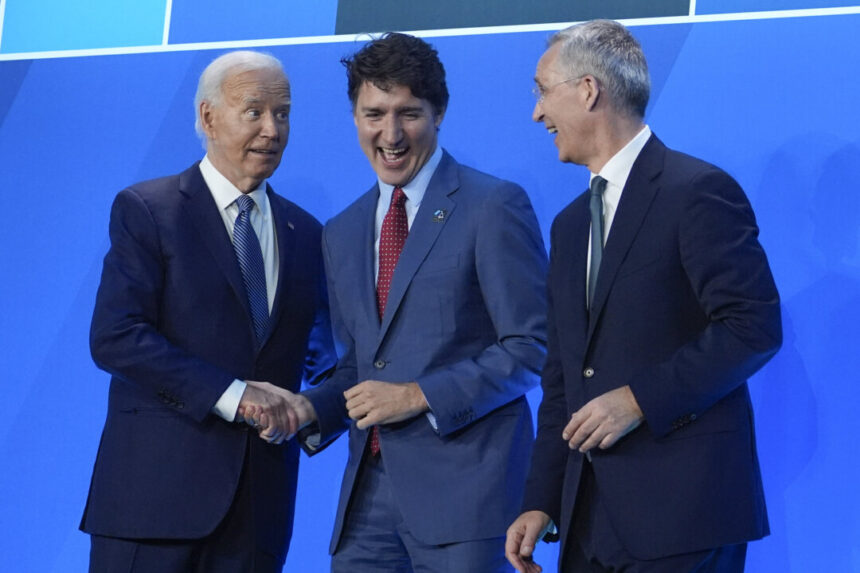The governments of Canada and the United States have announced that they have reached an agreement-in-principle in the process of modernizing the Columbia River Treaty. This treaty governs the waterway that flows from southeastern British Columbia into Washington state.
Prime Minister Justin Trudeau, in a statement from Washington, D.C., described the deal as a significant milestone. He stated that the updated treaty will focus on flood-risk management, cooperation on hydropower, and include provisions for ecosystem health and Indigenous cultural values.
Trudeau mentioned that the negotiations involved extensive discussions between the two governments, with input from the province and First Nations. U.S. President Joe Biden also issued a statement expressing his satisfaction with the agreement on the key elements of a modernized treaty, with plans to continue drafting an amendment in the coming weeks.
Biden explained that the deal aims to rebalance energy coordination between the two countries, allowing the U.S. to retain more hydroelectric power while providing Canada with opportunities to import and export power to the U.S. market.
The agreement also aims to elevate Indigenous voices on both sides of the border and allow the U.S. to benefit from storage at Canadian dams for flood control. With a key component of the original treaty expiring in September, negotiations have taken on added urgency.






